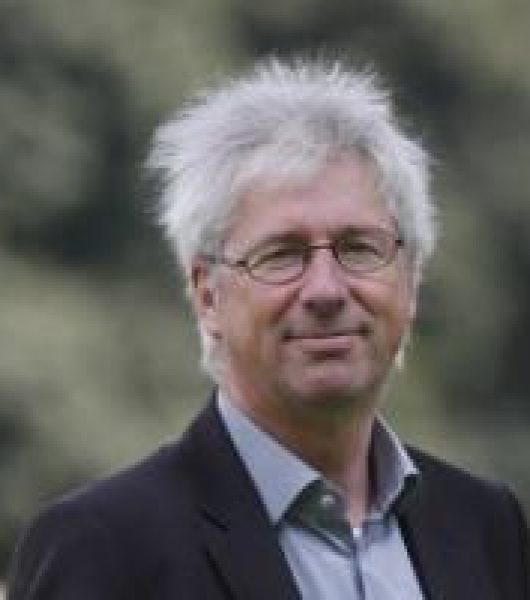Italy and Germany. Dialogue between historiographies
FBK's Italian-German Historical Institute is hosting the Study Week November 22 through 24, 2017. Young researchers and PhD students will have the opportunity to present their research projects.
The Study Week of FBK’s Italian-German Historical Institute is coordinated by Director Christoph Cornelißen and by researcher Gabriele D’Ottavio and has been scheduled November 22-24, 2017. At its 59th edition this year, the conference will be dedicated to the theme “Italy and Germany. Dialogue between historiographies” and ten (Italian/foreign) young researchers and doctoral students will have the opportunity to present their research projects and discuss them with the scholars involved in the Study Week.
During the conference some recent historiographic trends and research perspectives in modern and contemporary history will be examined, proposing an exchange of views between Italy and Germany. The historiographies of Italy and Germany have long been working together and influencing each other, but there are few studies that have dealt with the theme of the intertwining and difference elements between the two national historiographies. We will be reflecting, in particular, on the persistence or overcoming of national paradigms and on the role of research perspectives pursuing transnational history.
In this context, the recent historiography of the “distant neighbors” (Ferne Nachbarn) will be discussed. The conference is also the first initiative of the new ISIG research plan, which in the coming years will privilege a cultural history setting for a history of mediatization from the modern age to the contemporary age.
Applications for scholarships must be submitted by e-mail by October 20, 2017 to the FBK-ISIG administrative asistants ([email protected]) complete with the following documents:
a) curriculum vitae et studiorum;
b) a letter of reference from a university professor or qualified scholar.
Scholarships will cover board and lodging expenses for the days of the conference and the reimbursement of travel expenses (up to a maximum of € 200).
Talks will be held in Italian, German and English. Attendance to the study week event is mandatory for scholarship recipients.

